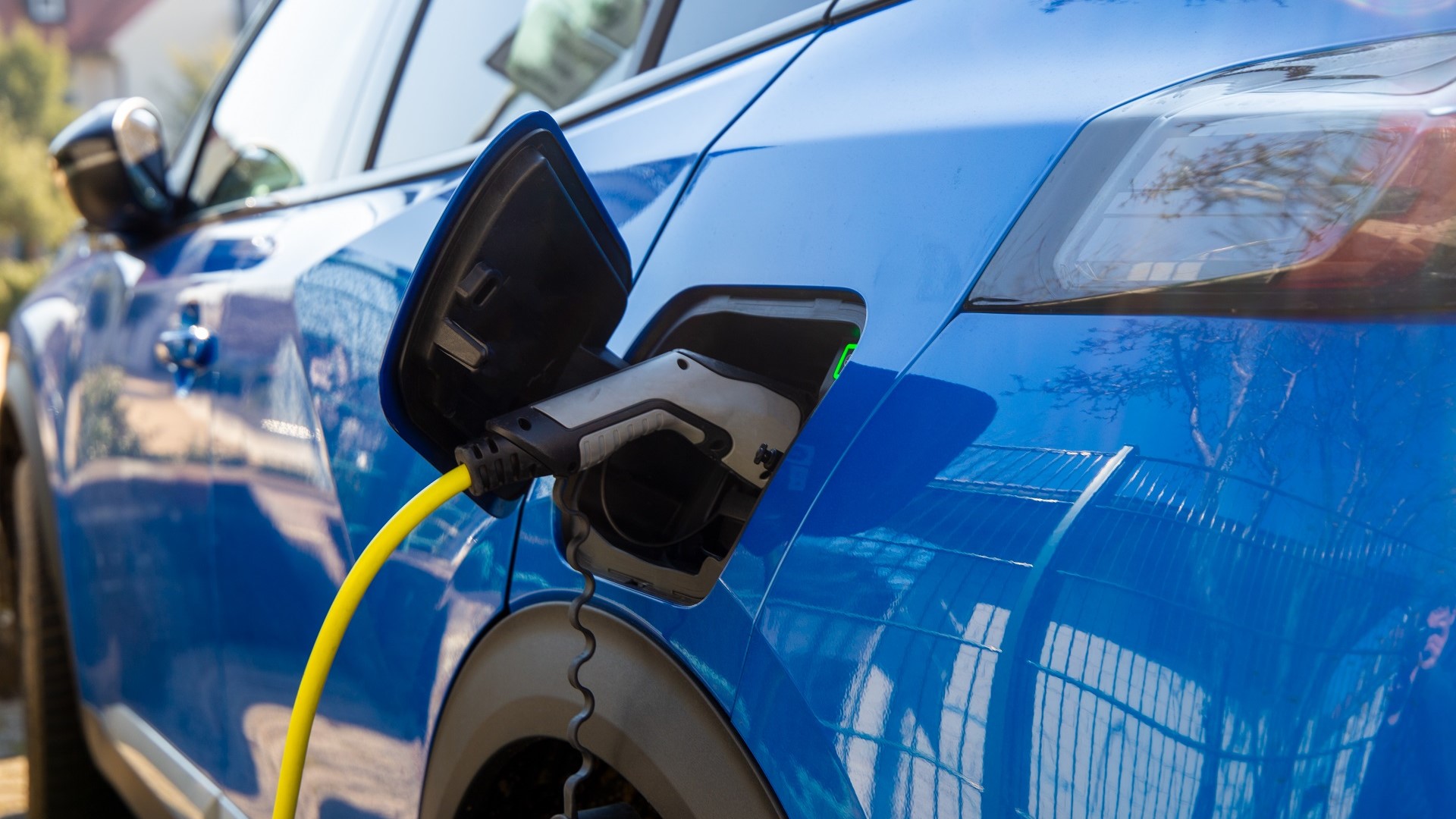
As you aim to enjoy your golden years, you might want to minimize the costs and inconveniences associated with owning a car. Swapping out your gas-guzzling vehicle for an electric one brings several benefits that can help.
Find Out: Here’s What It Costs To Charge a Tesla Monthly vs. Using Gas for a Nissan Altima
Read Next: These Cars May Seem Expensive, but They Rarely Need Repairs
Gas Savings
Over the past year, the average gas price has ranged between about $3 and $3.50. The fluctuation of prices can make it difficult to budget, but with an EV, it’s a lot easier and cheaper. According to the National Renewable Energy Laboratory, over the course of 15 years, EV owners can save up to $14,500 in fuel costs alone. However, your savings will depend on the state you live in and how much you drive your car.
Learn More: I Bought a Hybrid Car: Here’s How Much I Save on Gas Every Month
Better Batteries and Charging Capabilities
While using a battery-powered car has its limitations, it also creates several benefits. For example, you don’t need to drive to a gas station to fuel up. Now, you can purchase a charging station for your home and charge your car overnight. If you do need to charge your battery while out on the road, it’s getting easier and easier.
Globally, the number of public charging stations has doubled since 2022, totaling 5 million. In the U.S., charging stations increased by 20% in 2024, meaning you won’t need to search far and wide to find one.
Depending on the model of your EV, a single charge can last for 248 to 372 miles.
Today’s batteries also last longer than ever. The National Renewable Energy Laboratory found that in moderate climates, EV batteries can last 12 to 15 years, while in extreme climates, they can still last eight to 12 years.
Lower Maintenance Costs
If you purchase an EV, you’ll save a lot of money by not having to pay for air filter replacements and oil changes. According to AAA, EV owners who follow the automaker’s recommendations will save $330 in maintenance fees annually compared to those with gas-powered cars.
In regular cars, when you hit the brakes, the forward energy turns into heat and wears down the brake pads. EVs have regenerative braking, which converts that energy into electricity that can power the car. This saves energy and money on brake maintenance.
Greater Safety
EVs are much safer than gas-powered cars. EVs perform well in crash tests and have been deemed as safe as or safer than gas-powered cars by the Insurance Institute for Highway Safety. They’re also less likely to burst into flames.
On average, between 500 and 600 cars with internal combustion engines catch fire each day. Because EV car frames protect their batteries, they are nearly 60 times less likely to have a fire than a conventional car. Also, when EV batteries do catch fire, they don’t explode like a gasoline fire can.
Environmental Improvements
The International Council on Clean Transportation found that EVs produce 73% less greenhouse gas emissions over their lifetimes compared to gas-powered cars. For retirees, this means creating a better environment for their grandchildren to enjoy.
Comfortable Driving
Most retirees aren’t trying to impress anyone with the revving of their engine or how quickly their vehicle accelerates. Instead, a smooth, quiet ride is much more appealing. EVs are much quieter than their gas-powered counterparts as they have battery-powered systems and don’t need engine RPMs to get the vehicle in motion. The lack of an internal combustion engine reduces the jerks and speed changes, also providing a smoother all-around experience.
Incentives
Finally, owning an EV means you may be eligible for certain incentives and rebates. For example, certain new EVs could land you a $7,500 tax credit, while other used EVs could result in up to a $4,000 tax credit, although the credit is set to expire at the end of September. The government also offers tax credits of up to $1,000 for each home charger or associated energy storage unit you own, as long as you meet the requirements.
More From GOBankingRates
- 3 Luxury SUVs That Will Have Massive Price Drops in Summer 2025
- Proven Ways Small Business Owners Are Protecting What They've Built
- How Much Money Is Needed To Be Considered Middle Class in Your State?
- How Much Money Is Needed To Be Considered Middle Class in Your State?
This article originally appeared on GOBankingRates.com: 7 Reasons You Should Switch To an Electric Vehicle in Retirement







